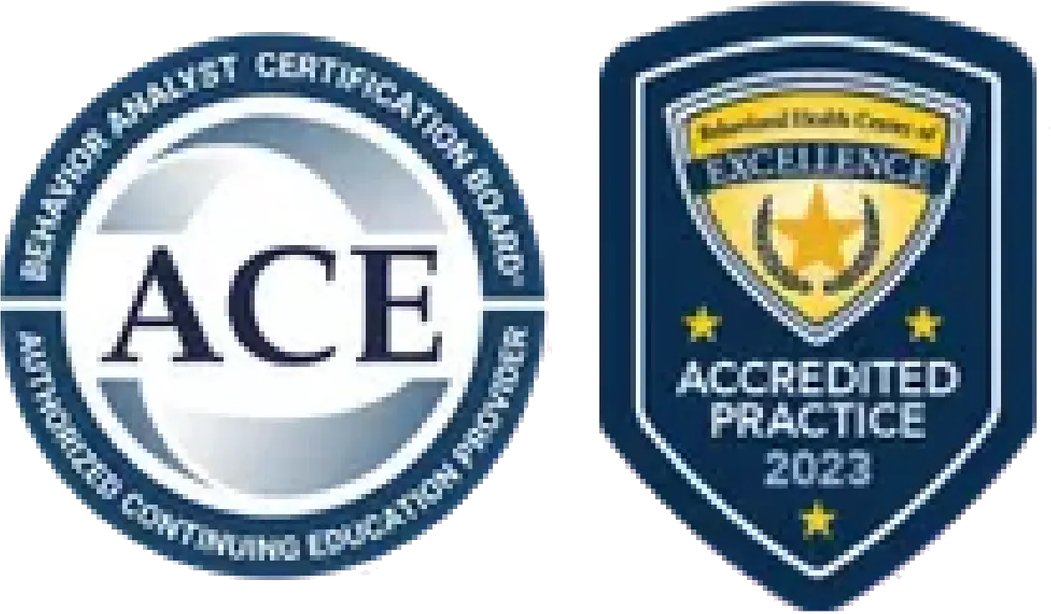ABA therapy in North Carolina
At Connect n Care ABA, we specialize in providing high-quality Applied Behavior Analysis (ABA) therapy in many North Carolina locations
We provide a range of Autism Services, Including:
Evaluations and diagnosis
Parent support and training
Contact us to book your consultation now!
Contact Us
We will get back to you as soon as possible.
Please try again later.


Our North Carolina ABA Therapy Services


In-home ABA Therapy, North Carolina
We bring our expert services directly to your home, creating a familiar and comfortable environment for your child to learn and thrive. Our in-home therapy sessions are designed to integrate seamlessly into your daily routine, ensuring that skills learned during therapy are reinforced throughout the day.
Interventions address all aspects of daily living, helping to achieve life-changing results.
The Results:


School-based ABA Therapy, North Carolina
We collaborate with schools across North Carolina to provide on-site ABA therapy. Our therapists work directly with teachers and school staff to create a supportive educational environment tailored to your child’s needs. This approach not only helps your child succeed academically but also promotes positive social interactions with peers.
By working together, we improve therapy effectiveness and enable more efficient progress across various settings.
The Results:
Tailored ABA Therapy to Meet Your Child's Needs
Every child is unique, and so is our therapy. Our Board Certified Behavior Analysts (BCBAs) conduct thorough assessments to create individualized therapy plans tailored to your child's specific needs. Whether the goal is to improve communication, enhance social skills, or reduce challenging behaviors, our approach is designed to support your child's growth and success in their natural environments.

Get To Know Our Team
All Connect N Care clinicians and RBTs are Board certified and have undergone extensive training. Throughout their work, our staff continue to pursue their professional development, ensuring that your child receives the most current and effective intervention services.
Get Started with ABA Therapy in North Carolina.
Enrollment is simple. Your child can have access to valuable support through top-notch North Carolina ABA therapy in no time.
2. We’ll check benefits.
Our team will verify your eligibility with your insurance provider.
3. We’ll evaluate.
Our BCBA observes your child and develops a customized care plan.
Hear from Our Families
Dinner is a pleasure.
“Sam is now a pleasure to have at the dinner table! He takes part in our family discussions and is excited to share his accomplishments and experiences at school! A year ago, we would never have imagined this to be possible!”
Star Student
“Holly’s teachers are amazed at the progress she has made through the behavior plan her BCBA put in place. I rarely get phone calls for misbehavior during the day. She also seems so much more content with herself.”
We love shopping together!
“Thanks to the work of your dedicated therapists, I am finally able to take Michael to the supermarket. He now cooperates without throwing tantrums, and has stopped clinging to me so often!”
ABA Therapy Locations in North Carolina
Our team provides quality ABA therapy in Charlotte, NC, and nearby areas and constantly reevaluates effectiveness and progress.
We’re dedicated to seeing results in various settings.
We proudly offer our in-home and school-based ABA therapy services across North Carolina
Midtown Charlotte
Midtown CharlotteMineral Springs
Mineral SpringsMonroe
MonroeMooresville
MooresvilleSt. Pauls
St. PaulsGreensboro
GreensboroAlamance County
Alamance CountyCabarrus County
Cabarrus CountyCatawba County
Catawba CountyCumberland County
Cumberland CountyDurham County
Durham CountyForsyth County
Forsyth CountyFranklin County
Franklin CountyGaston County
Gaston CountyGranville County
Granville CountyGuilford County
Guilford CountyHarnett County
Harnett CountyHoke County
Hoke CountyIredell County
Iredell CountyJohnston County
Johnston CountyLincoln County
Lincoln CountyMecklenburg County
Mecklenburg CountyOrange County
Orange CountyRowan County
Rowan CountyUnion County
Union CountyWake County
Wake CountyWhat Our Clients Say About Our ABA Services
We have been working with Connect n Care for several years, and our experience has been nothing short of exceptional. Their team of therapists is not only kind and compassionate but also incredibly knowledgeable and dedicated. They've built strong, trusting relationships with our children and have done amazing things to help them grow.
Melissa MacDougall
I hardly do reviews but I had to take the time to give much deserved accolades to Kelly! While getting my son tested for Autism she was absolutely amazing. It’s very rare he engages with anyone and she made him feel so comfortable that he opened up like a book. She had so many suggestions to help me with his day to day as well as at school and they have been such a game changer for him.
Keahri Woods
We are beyond grateful for the exceptional care and support our son received. Their dedication and expertise in ABA therapy have truly transformed our family’s journey. Our BCBA provided invaluable strategies that gave us confidence in managing daily challenges, while our RBT built an incredible bond with our son, helping him thrive.
Courtney Ferrell
WE ANSWER
Frequently Asked Questions
-
Are There Good ABA Services in North Carolina?
Absolutely! Here at Connect n Care, we provide individualized ABA therapy in the comfort of your home or in a school setting. We help your child develop positive behaviors, social skills, communication abilities, and improved focus. ABA therapy is recognized as the gold standard for treating children with ASD and other developmental conditions.
Our dedicated BCBAs and RBTs work closely with your child, delivering highly effective and personalized aba therapy in Raleigh, NC, and nearby areas.
-
Where Does Therapy Take Place?
Therapy can take place within a group or individually at daycare, community center or home. Connect N Care ABA is focused on one-on-one behavioral intervention. Though we can facilitate therapy in any of the fore-mentioned locations if necessary, our primary base is in the natural environment of the client’s home where parents can be trained to participate in implementing methods and the familiarity of setting puts a child at ease.
-
Is There An Optimal Age To Start ABA Treatment?
According to conducted studies, it’s best to begin therapy at a young age when learning new skills is easiest. Starting therapy later on though, is not a lost cause and can result in profound accomplishment as well. Here, at Connect N Care ABA, we treat infants through young adulthood.
-
How Many Hours Of Therapy Are Recommended in North Carolina for a Successful Outcome ?
Every child’s needs are different so there is not a one-size-fits-all answer. The crucial point in regard to all cases is consistent, intense therapy. Connect N Care ABA’s treatment plans generally revolve around 15 to 25 hours of therapy per week.
-
What Criteria Does Connect N Care ABA Have For Their Staff?
We have the highest of standards, resulting in a team made up of only the very qualified. Besides professional credentials, our ABA specialists share our passion for client-focused warm, personalized therapy and undergo continuous refresher training courses.
-
How much does ABA therapy cost in North Carolina?
Though ABA therapy is a costly program, ABA insurance coverage makes it highly affordable. Connect N Care ABA participates with most major insurance providers and navigates the entire approval process from start to finish. For those without approved coverage, Connect N Care ABA offers reasonable and convenient payment plans that significantly ease the brunt of the cost.
Ready To Start ABA Therapy In North Carolina?
Get the support you seek today.
Our team is eager to address your questions and concerns.






